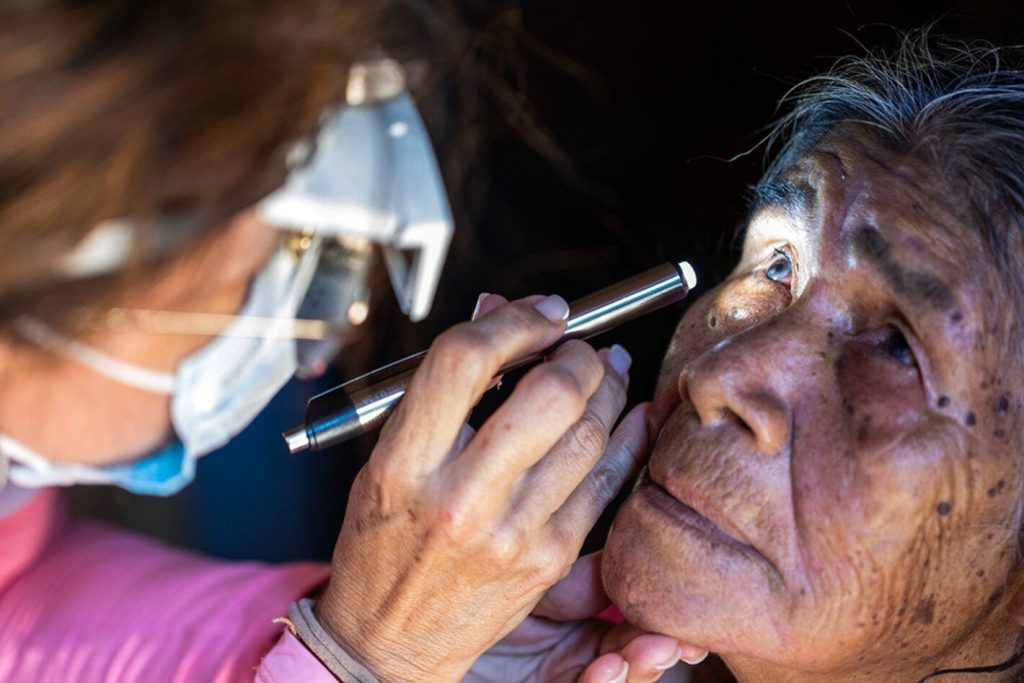Mauritania has achieved a major public health victory with the elimination of trachoma as a public health problem, the World Health Organization (WHO) announced.
The certificate of validation was presented during the Seventy-eighth World Health Assembly in Geneva to Health Minister Abdallahi Sidi Mohamed Wedih and Ambassador Aïcha Vall Vergès.
Dr Tedros Ghebreyesus, WHO Director-General, praised the country’s milestone, calling it a sign of hope for other nations still battling the disease.
“This is another example of the incredible progress we have made against neglected tropical diseases,” he said.
Mauritania’s fight against trachoma dates back to the 1960s, but the country made significant progress starting in the early 2000s when it conducted population-based surveys.
These efforts were supported by WHO, the Organization for the Prevention of Blindness, and the Institute of Tropical Ophthalmology of Africa.
The country implemented WHO’s SAFE strategy, which includes Surgery, Antibiotics, Facial cleanliness, and Environmental improvements.
Mass antibiotic treatments using azithromycin donated by Pfizer were carried out, alongside public hygiene campaigns and improvements in access to clean water and sanitation.
Read Also: WHO: Niger declared free from river blindness disease
WHO Representative in Mauritania, Dr Charlotte Ndiaye, credited the government, health workers, and communities for their roles.
“This success reflects the strong leadership and commitment,” she said, while noting the need for ongoing vigilance to prevent resurgence.
This is the second neglected tropical disease eliminated in Mauritania, following the successful eradication of Guinea-worm disease in 2009.
Mauritania now joins 21 other countries globally and seven in Africa to have ended trachoma as a public health problem.
Despite progress, trachoma still affects 103 million people across 37 countries, mainly in Africa, where 93 million people remain at risk.
However, in Africa alone, antibiotic needs have dropped from 189 million people in 2014 to 93 million in 2024—a 51 per cent reduction.
WHO continues to support surveillance in former hotspots to ensure that gains are sustained.
The elimination of trachoma marks a step forward under the WHO’s 2021-2030 roadmap to combat 20 neglected tropical diseases and reduce the burden on the world’s poorest communities.



